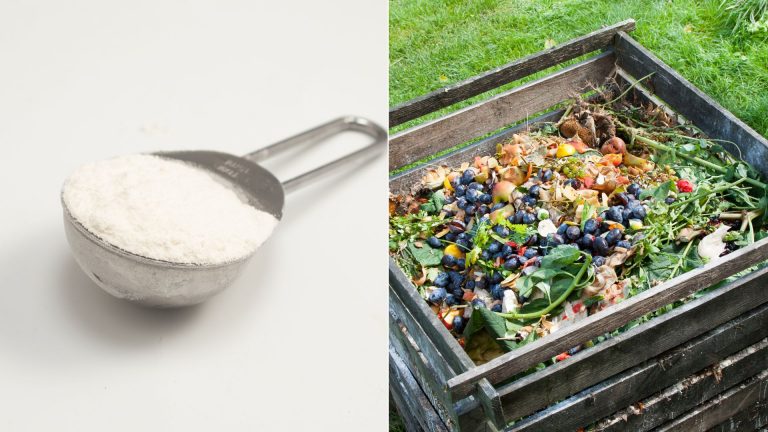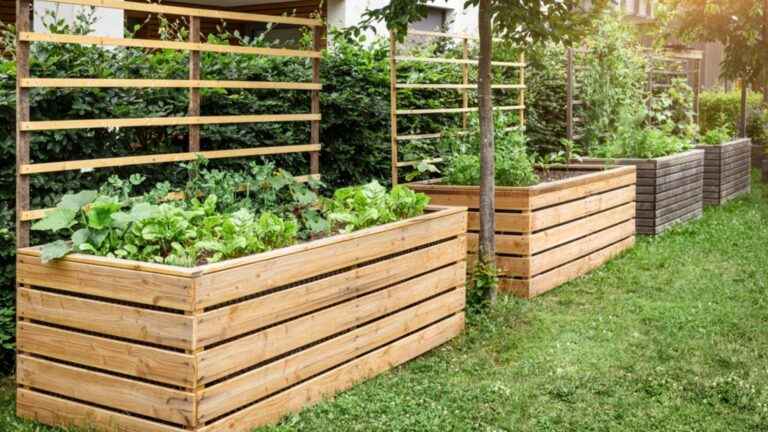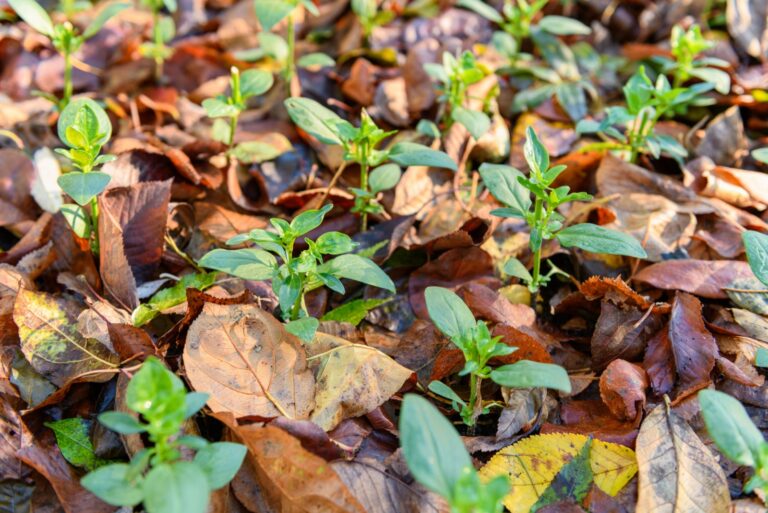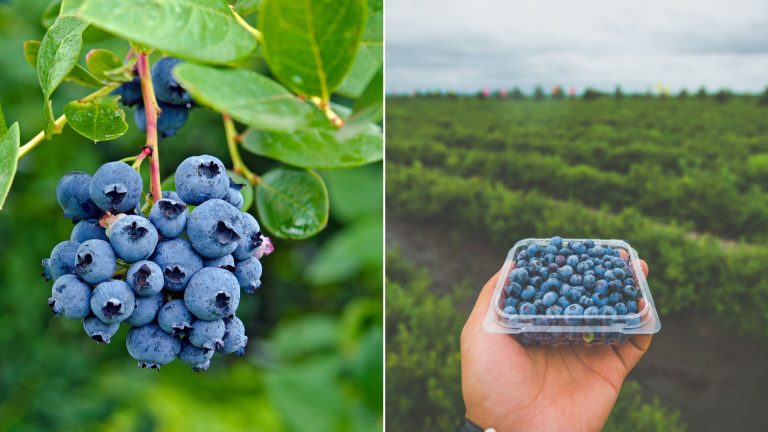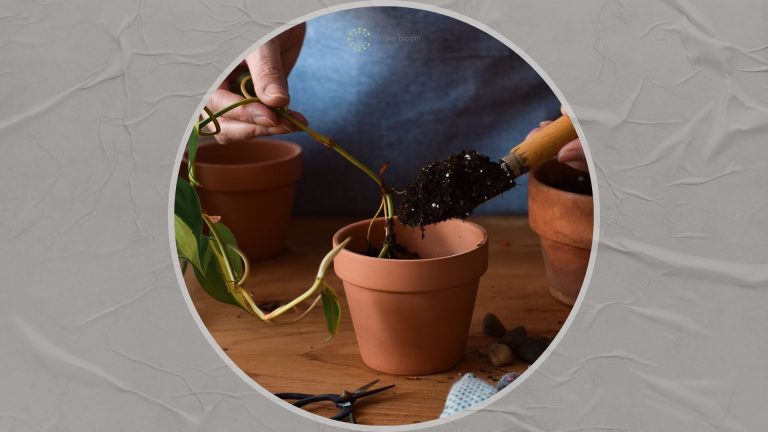8 Things That Speed Up Composting (And 8 That Bring It To A Halt)
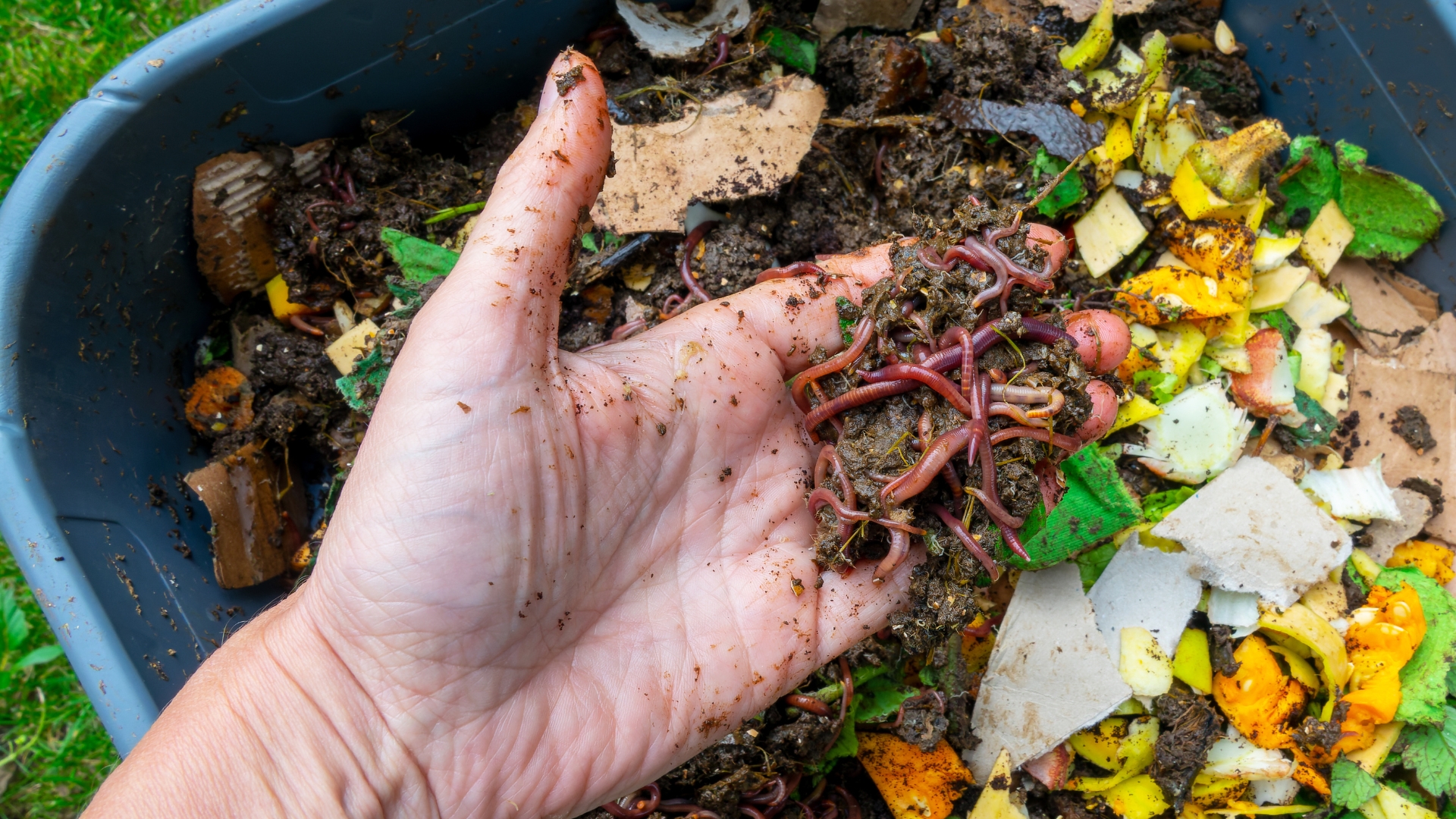
Composting is a fantastic way to turn kitchen scraps and yard waste into nutrient-rich gold for your garden—but not all materials play nice in the pile. Some ingredients kickstart the process and get things breaking down fast, while others can grind it to a frustrating halt. Knowing the difference is key to creating compost that’s ready when you need it. Here are 8 things that speed up composting—and 8 that can seriously slow it down!
1. Grass Clippings
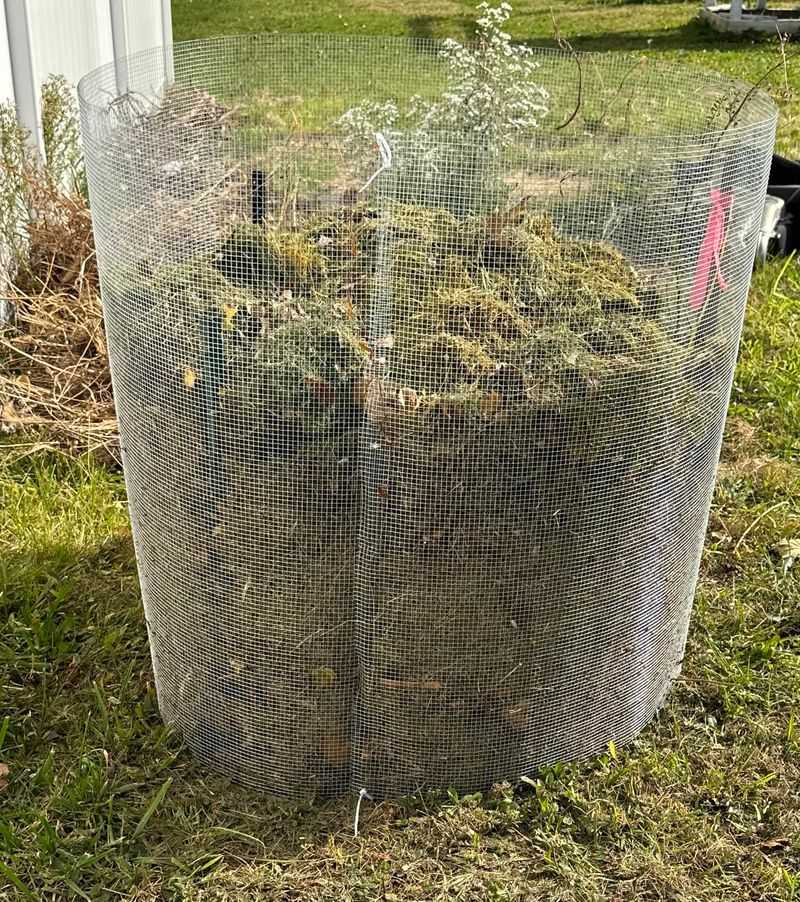
Grass clippings are a great addition to your compost pile because they decompose quickly and provide essential nitrogen. These fresh green bits can heat up the pile, accelerating the composting process. Just ensure they’re spread evenly to avoid clumping, which can create a slimy mess.
Mix the clippings with other materials for balance. Avoid using clippings treated with pesticides or herbicides, as these can harm beneficial microbes. Regularly turning your compost pile will further enhance the breakdown of these clippings, turning them into rich compost for your garden.
2. Coffee Grounds
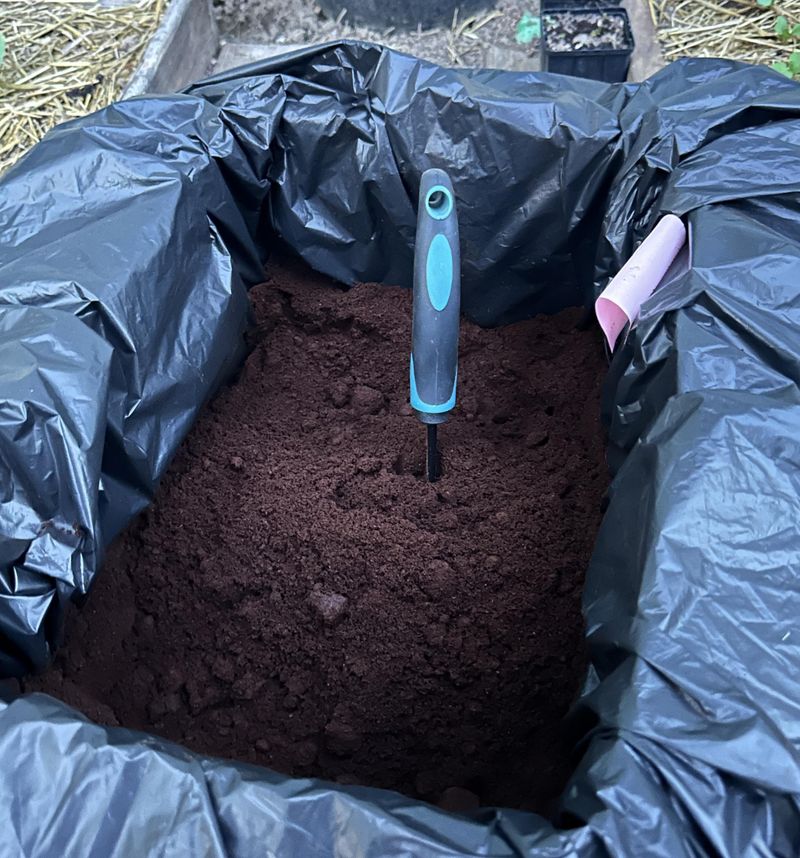
Who knew your morning coffee could help your garden? Coffee grounds are rich in nitrogen, making them a valuable compost ingredient. They also improve soil structure and attract helpful earthworms. Simply sprinkle them into the compost pile or directly onto the soil.
Remember to balance with carbon-rich materials to prevent acidity. Over time, these tiny brown particles will break down, enriching your compost with their nutrient-packed goodness. Their fine texture also helps improve aeration, promoting faster decomposition.
3. Vegetable Scraps
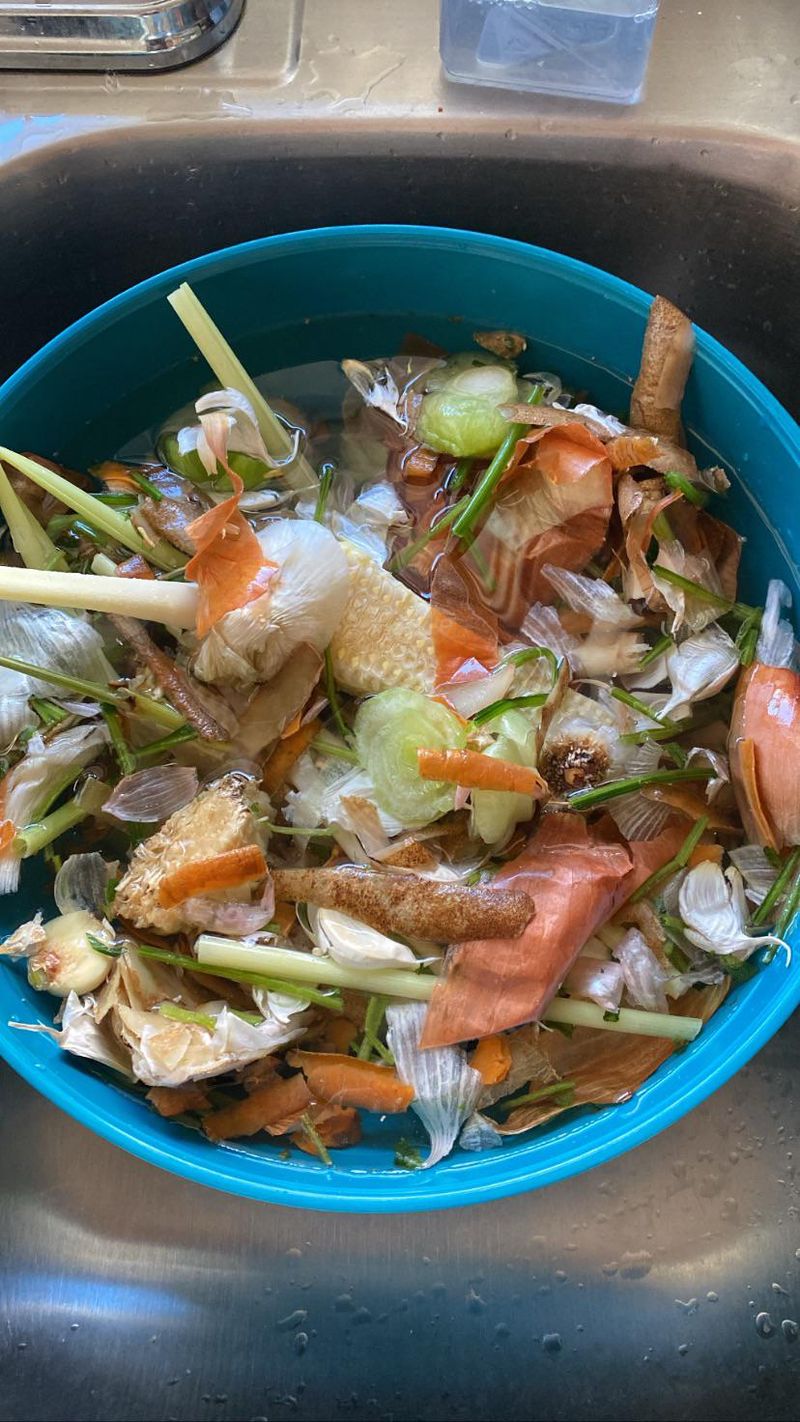
Vegetable scraps are fantastic for composting, as they break down easily and add moisture and nutrients. Toss in peels, cores, and stems from your daily meal prep. These scraps contribute essential nitrogen, which boosts the composting process.
Avoid adding oily or greasy remnants, as they can slow things down. By regularly adding vegetable scraps, you’ll keep your compost pile active and thriving. Remember to chop larger pieces for quicker decomposition. The colorful mix will eventually transform into rich, dark compost, ready to nourish your plants.
4. Manure (Herbivore)
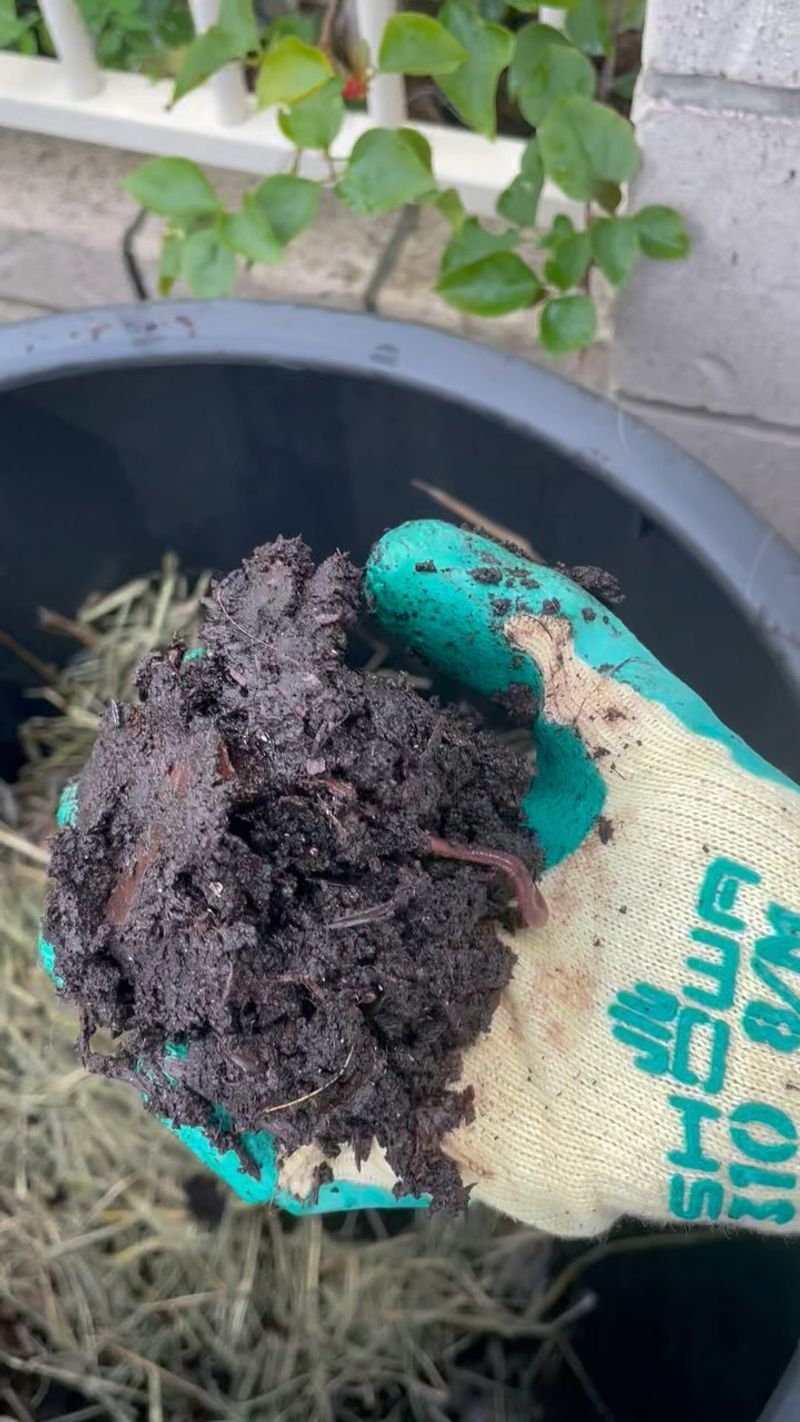
Manure from herbivores like cows, horses, and rabbits is composting gold. It’s packed with nitrogen and beneficial microbes that speed up decomposition. This natural fertilizer is an excellent accelerator for your compost pile.
Ensure the manure is aged or composted to prevent burning plants. Mix it with other materials to balance nutrients and prevent odor. Over time, this rich addition will break down, enhancing the quality of your compost and providing a nutrient-rich feed for your garden.
5. Green Leaves
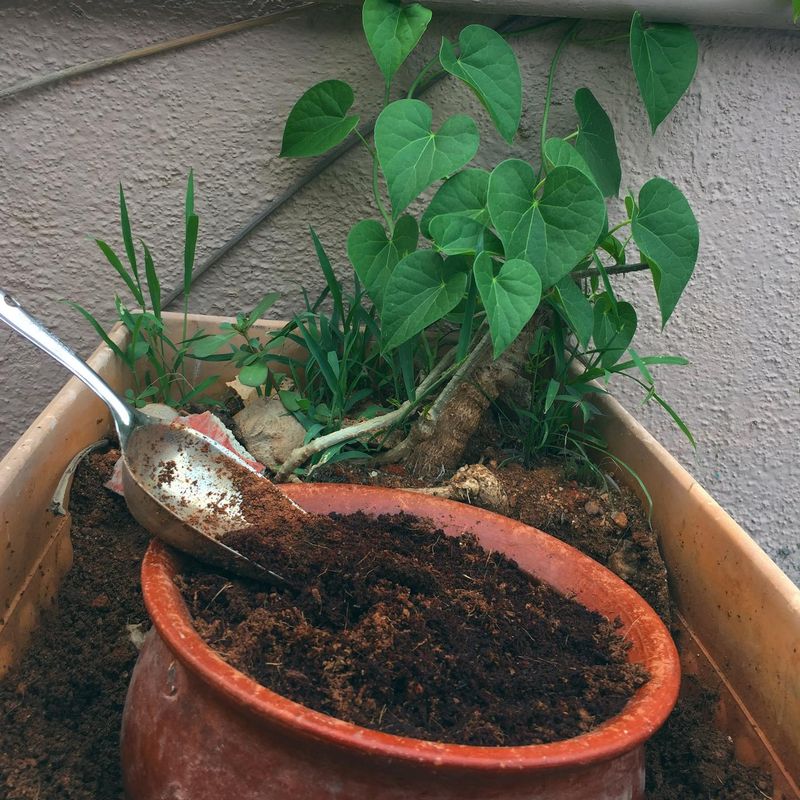
Green leaves are the perfect ingredient to kickstart your compost. They are high in nitrogen and decompose quickly, providing essential nutrients. Gather leaves from your garden, ensuring they’re free from disease or pests.
Shredding the leaves will accelerate their breakdown, turning them into rich compost in no time. Mix them with other organic materials to maintain balance and airflow. As these leaves decompose, they’ll enrich your compost, creating a fertile foundation for your garden plants.
6. Alfalfa Meal
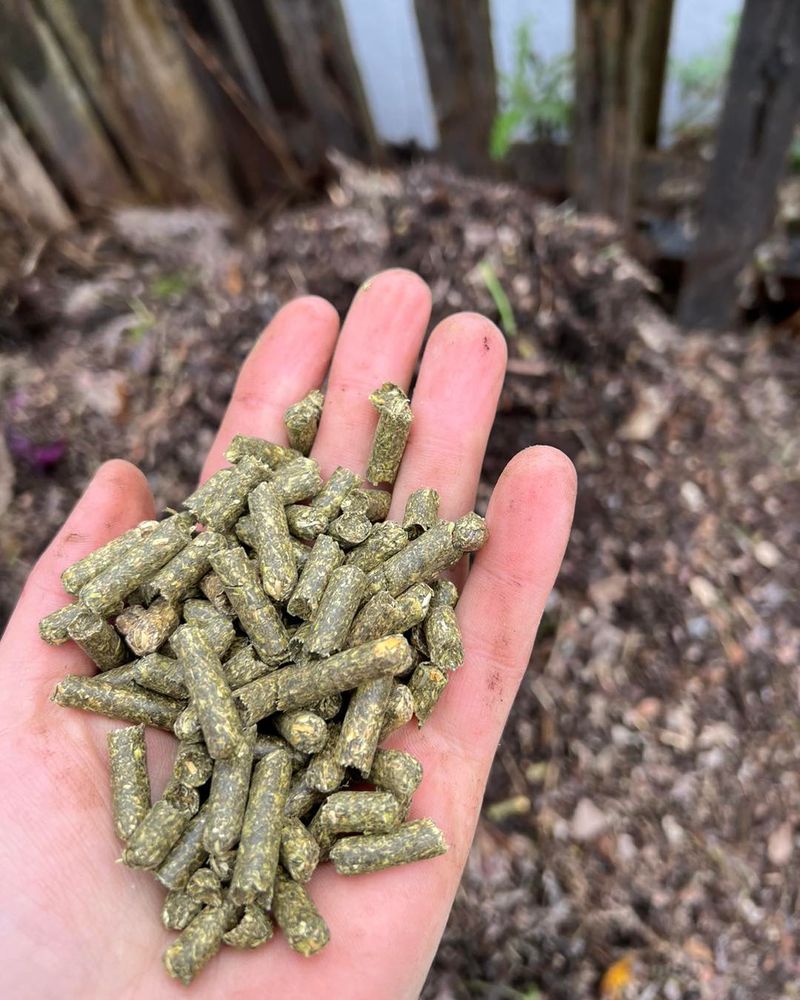
Alfalfa meal is a powerhouse addition to your compost pile. This nutrient-rich material contains nitrogen, phosphorus, and potassium. It acts as a natural activator, speeding up decomposition and adding valuable nutrients.
Sprinkle it evenly over your compost, and mix it in for best results. Its fine texture helps improve aeration, encouraging microbial activity. With alfalfa meal, your compost will thrive, turning kitchen scraps and garden waste into a garden treasure.
7. Fruit Scraps
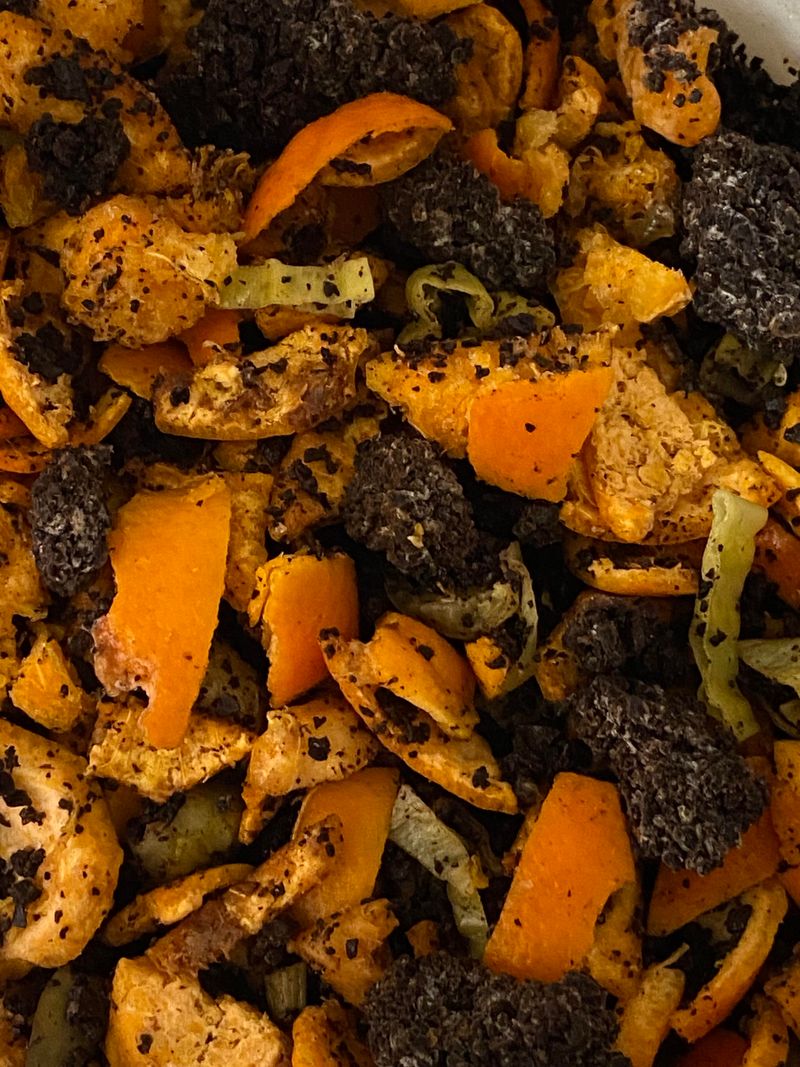
Fruit scraps are not only delicious but also beneficial for your compost. They break down quickly, adding moisture and nutrients to the pile. Toss in peels, cores, and rinds to boost the nitrogen content.
Avoid adding too many citrus peels, as they can make the pile too acidic. Mixing these scraps with other materials ensures a balanced compost, turning your fruit waste into garden gold over time.
8. Garden Trimmings
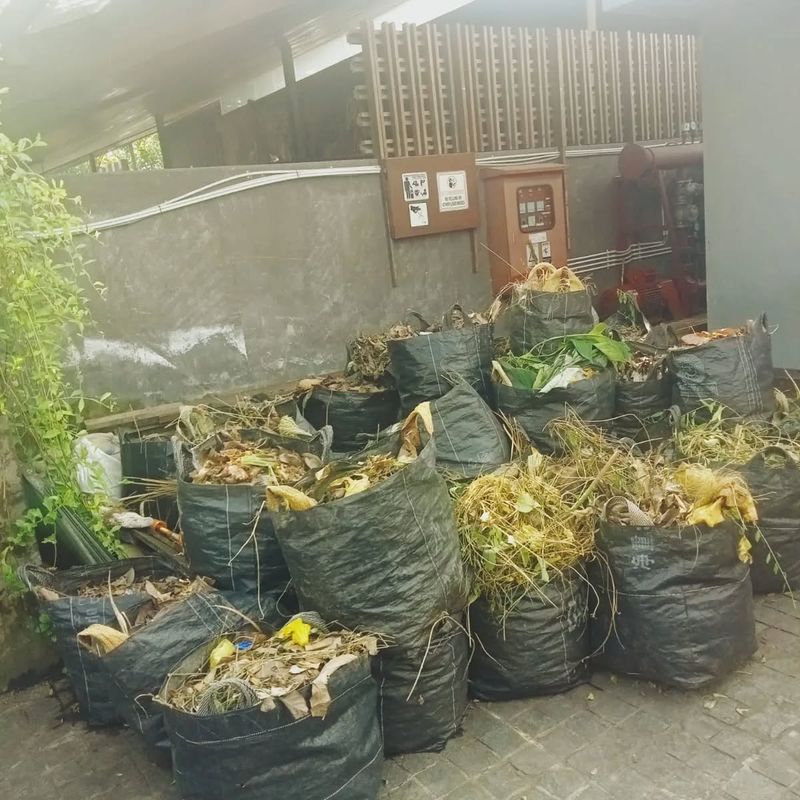
Garden trimmings, like pruned branches and deadhead flowers, are valuable composting materials. They provide carbon, balancing the nitrogen-rich components. Chop them into smaller pieces for faster decomposition.
Avoid woody stems, as they take longer to break down. Regularly mix these trimmings into your compost pile to ensure even decomposition, turning plant waste into nutrient-rich compost for your garden.
9. Large Branches Won’t Speed Things Up
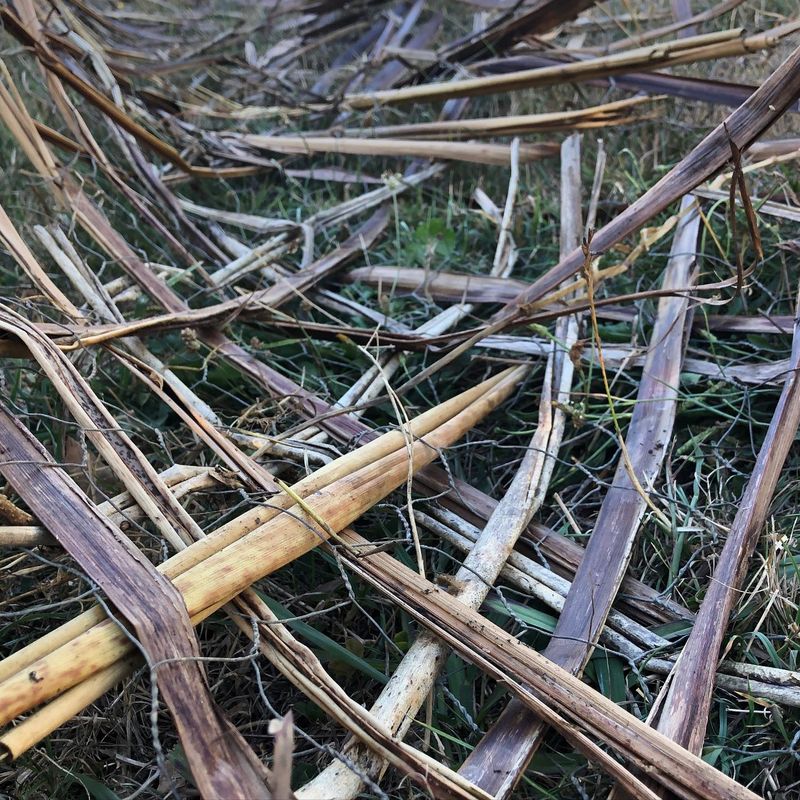
Large branches are a no-go for quick composting. They take a long time to break down, slowing the entire process. Instead of adding them to your compost pile, consider chipping them into smaller pieces.
Use these chips as mulch or add them to your compost in moderation. Their slow decomposition can help with aeration, but avoid overwhelming your pile. Stick to smaller garden waste for faster results.
10. Meat Scraps Are a No-Go for Quick Composting
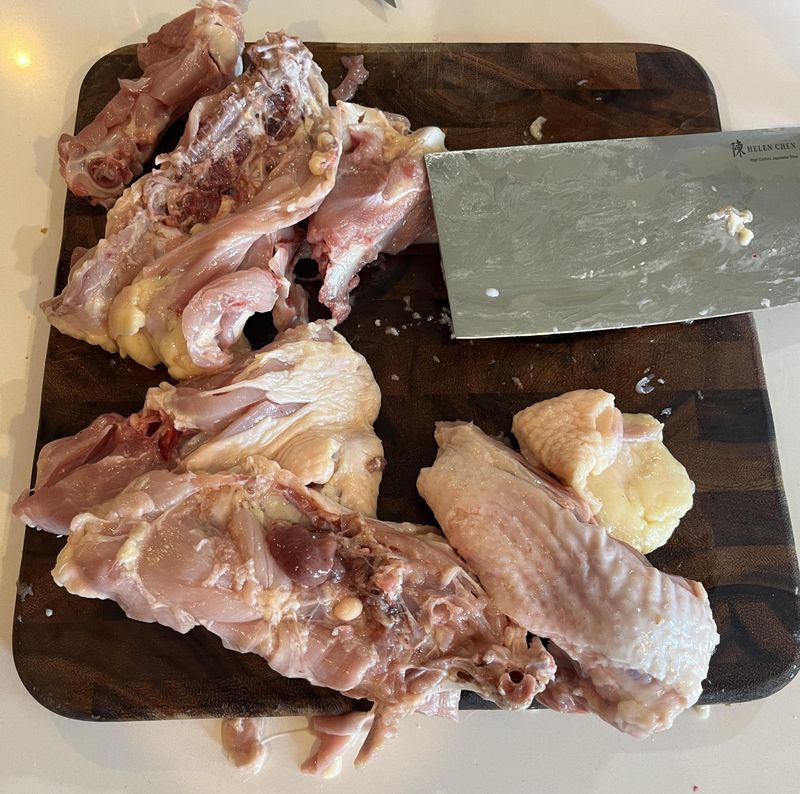
Meat scraps aren’t suitable for composting if you’re in a hurry. They attract pests and produce unpleasant odors. Instead, focus on plant-based materials that decompose faster.
Consider using a bokashi bin for meat scraps, which can ferment them safely. Remember, keeping your compost pile plant-focused ensures a quicker and more pleasant composting experience.
11. Dairy Products Will Only Slow the Process
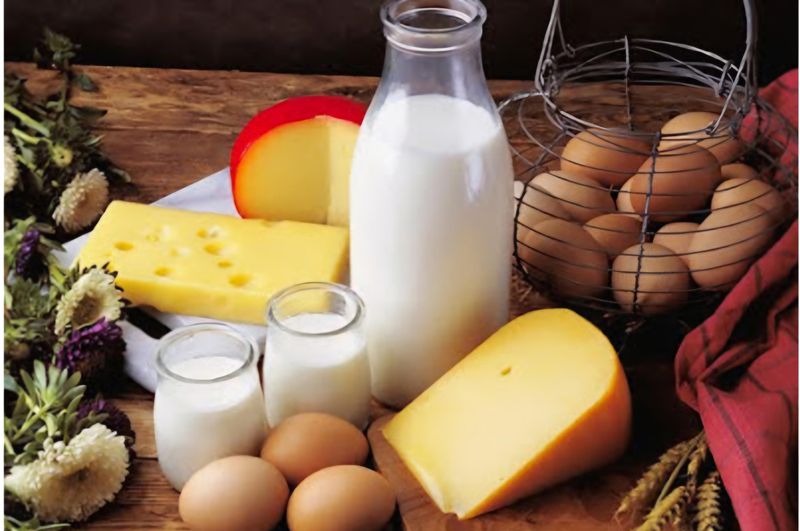
Dairy products, like milk and cheese, are best kept out of your compost pile. They take longer to break down and can create unpleasant smells. These items also attract unwanted pests.
Stick to plant-based materials for faster composting. If you have dairy waste, consider alternative disposal methods to avoid hindering your compost process.
12. Greasy Foods Jam Up Your Compost Pile
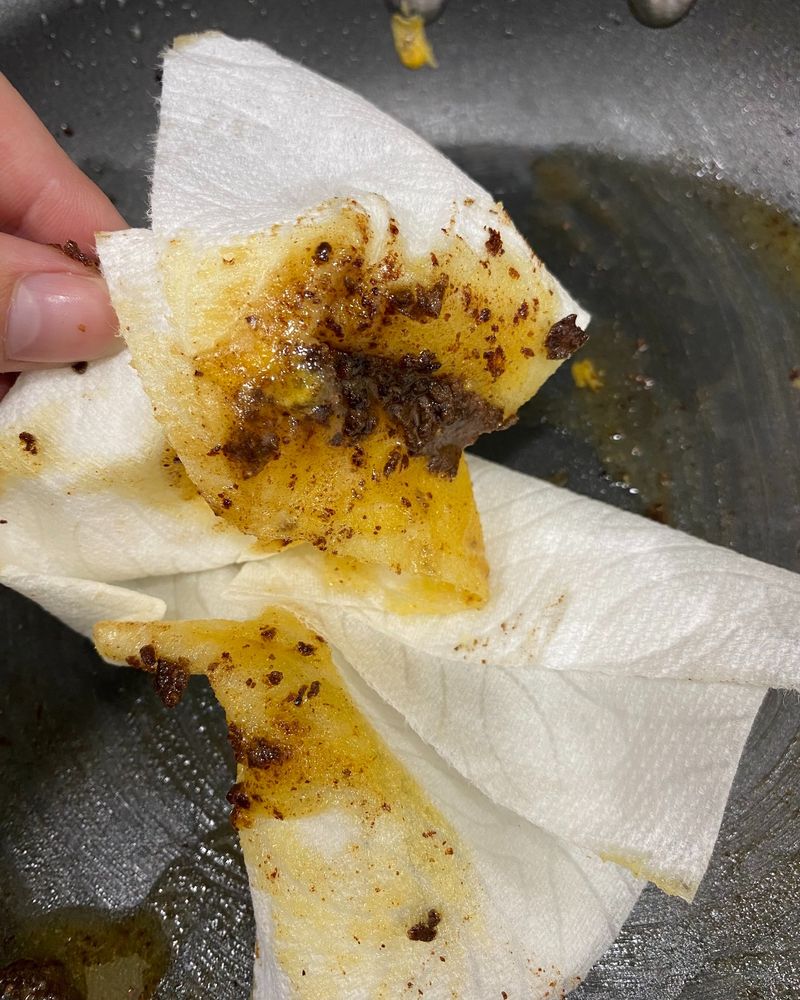
Greasy foods are another composting no-no if you’re aiming for speedy results. They can create a sticky, smelly mess, slowing down decomposition. Focus on clean, plant-based scraps to keep your compost pile healthy.
Consider using an alternative disposal method for grease-laden items. Maintaining a balanced compost pile will ensure faster and more efficient results.
13. Diseased Plants Are Bad News for Compost
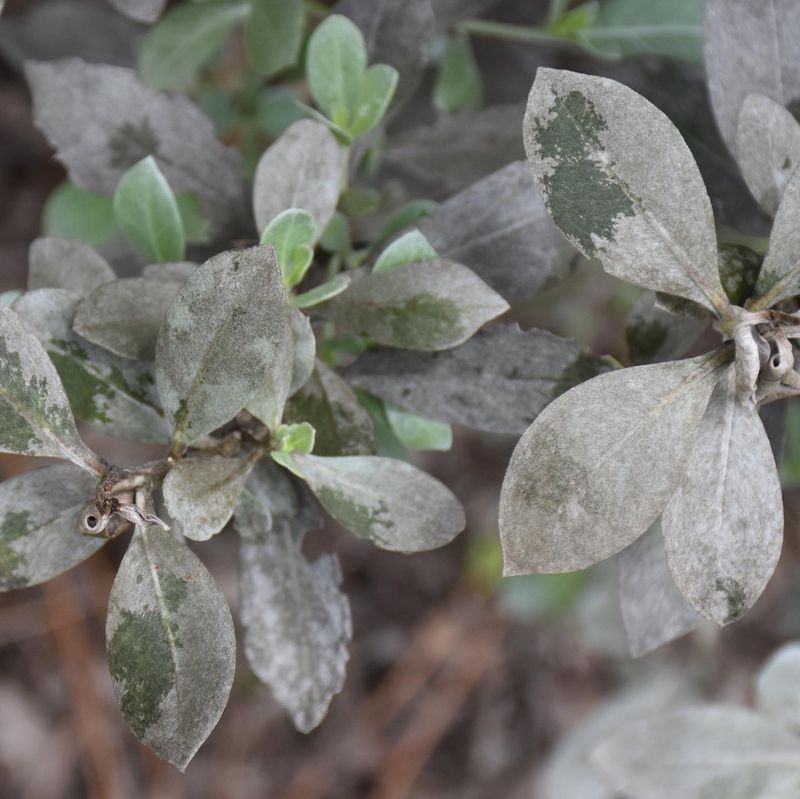
Adding diseased plants to your compost pile is a bad idea. While it might seem like a way to dispose of them, it can spread pathogens throughout your compost. Instead, dispose of them separately or burn them.
Keeping your compost pile healthy with disease-free materials ensures a safe and beneficial end product for your garden.
14. Glossy Paper Doesn’t Break Down Easily
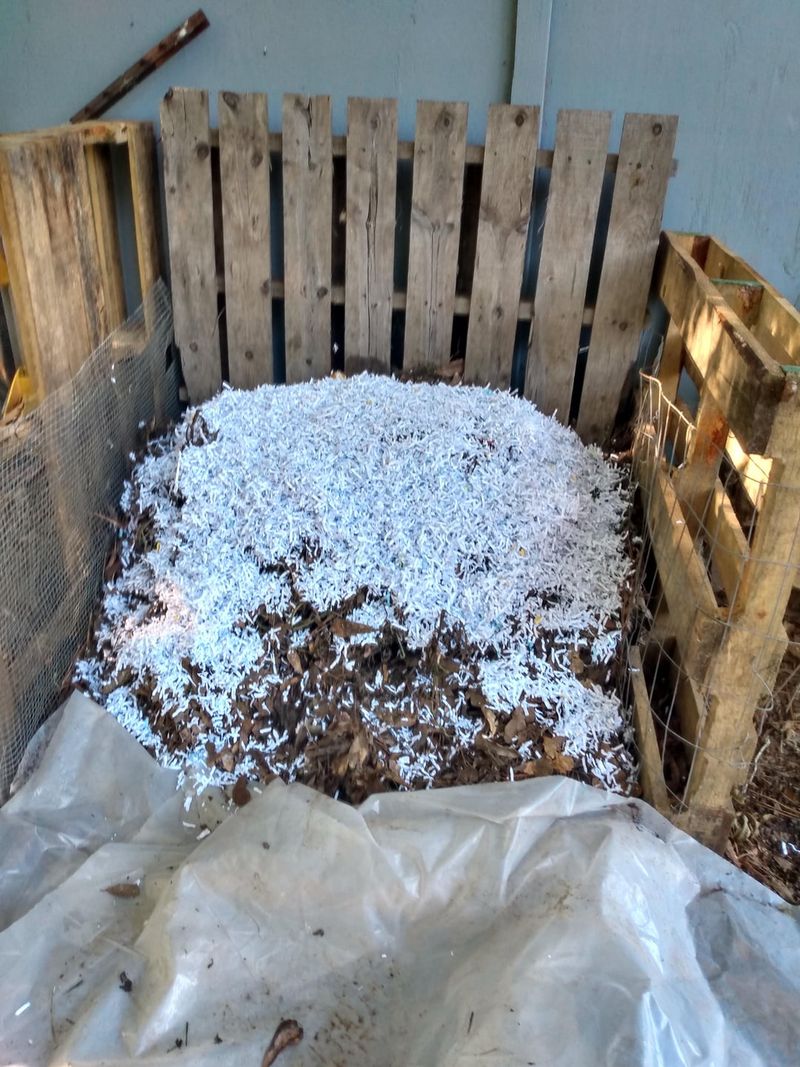
Glossy paper isn’t the best choice for composting. Its shiny coating can slow down decomposition and may contain chemicals. Stick to plain paper or cardboard, which break down more easily and add valuable carbon.
Consider recycling glossy paper instead, to avoid hindering your composting efforts.
15. Charcoal Ash Slows Decomposition
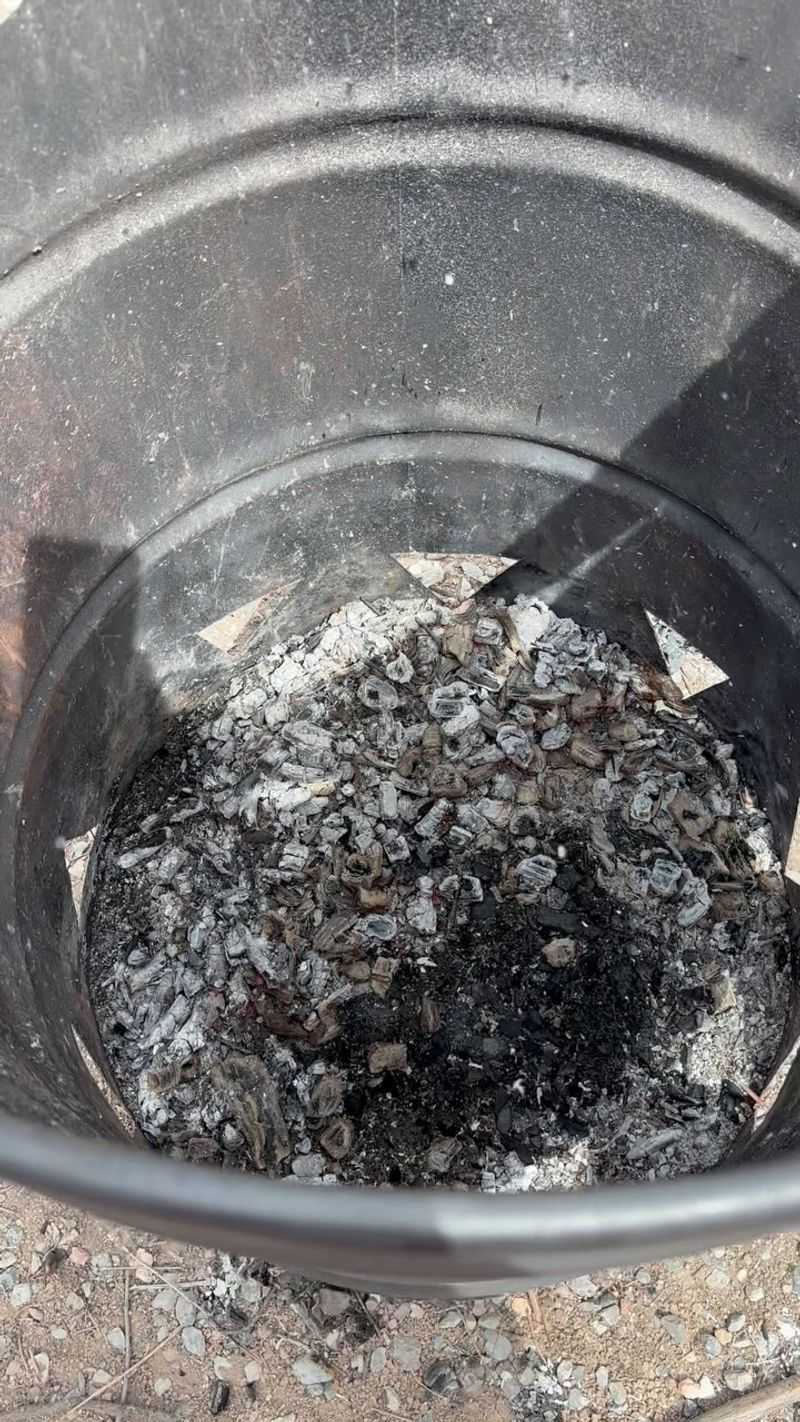
Charcoal ash might seem like a good addition, but it can slow down your compost pile. It contains chemicals that can alter pH levels and hinder microbial activity. Stick to wood ash for composting instead.
Charcoal ash is best disposed of in the trash or used sparingly in areas that need pH adjustment.
16. Synthetic Materials? Forget About It!
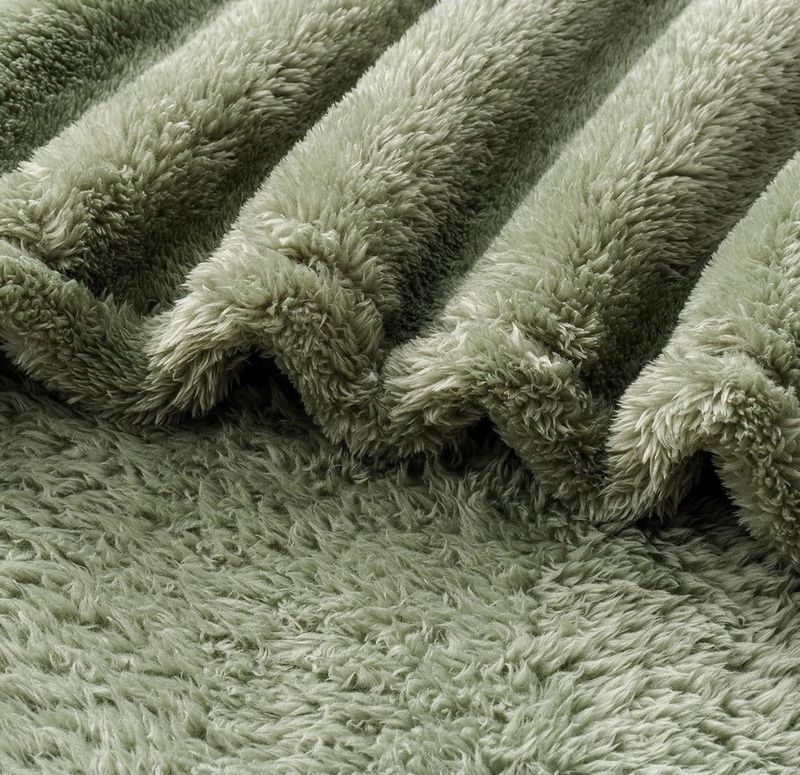
Synthetic materials are a big no-no for composting. They don’t decompose and can contaminate your compost with chemicals. Stick to natural materials for a successful compost pile.
If you find synthetic items in your compost, remove and recycle them. Keeping your pile free from synthetics ensures a cleaner and more effective composting process.

